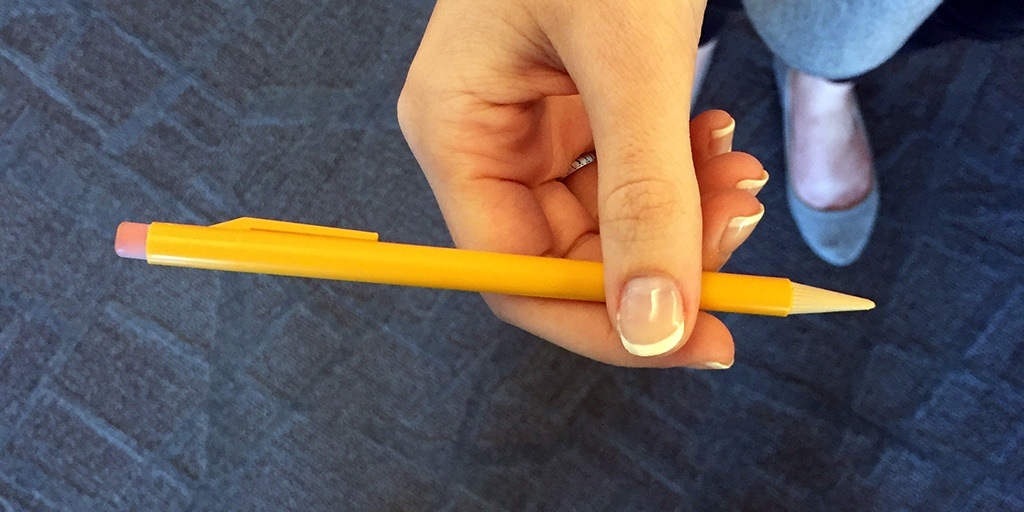Do You Really Care About A Candidate’s Grades?

By Joe Issid
Monster Contributing Writer
As someone who has reviewed hundreds – if not thousands – of resumes over the years, I can safely say that a candidate’s educational background has rarely been the center of my focus. And I cannot recall a single time when I have asked a candidate to provide proof of a degree let alone produce an actual transcript. Admittedly, I have not worked in fields (such as academia or law) where grades and academic standing are of paramount importance but I have worked in several large industries where this is not a standard practice. But should it be?
Smart is smart
The intention of the typical hiring manager is not to try and solve the philosophical question of “what makes a person smart?” but rather try and make good hiring decisions. In many cases, a hiring manager can be swayed by a very impressive educational resume that can be very light on real-world experience. In some cases, I have seen hiring managers ignore a poor interview and hire a candidate simply because they went to a top university. Conversely, scores of people are wildly successful across the world with virtually no education whatsoever. Ultimately, there is no golden rule to follow here; you can find good and bad candidates alike regardless of whether or where they went to school
The transcript
As a hiring manager, you should more interested in the macro benefits of an education rather than what grade a candidate received during their first wild year as an undergrad. A candidate should be able to think critically, exercise autonomy, demonstrate intelligent decision-making and be able to prioritise work. These are all skills that are learned in school and that stay with you forever. I hate to be the one to break it to you, but being able to recite passages from “Hamlet” may not help you land your dream job (well, unless you dream of being an actor, of course).
Relevance
I have a degree in English Literature yet I spent the first decade of my career working as a software developer. What is interesting is that my Arts background was not a hindrance to me at all. How come? Most employers are usually looking for someone with a very specific set of skills. Despite the fact I did not have a computer science degree, I probably knew more about how to manage a production database than someone fresh out of school with a BSc. Additionally, the older you get, the less relevant a candidate’s education really is. If you are interviewing a man in his forties, do you really care how he performed in school more than twenty years ago?
Experiential learning
Nothing speeds up the learning process faster than real world pressure. There is a lot more to learn in the working world than can be understood via textbooks and graded classroom projects. Further to this point, many companies today do not have structured training departments and expect employees to learn directly on the job. This has shown to be an excellent method to make new hires more productive and involved in the work. As such, employers are able to more quickly evaluate an employee’s performance without having to spend a great deal of money on training.
Hybrid learning
Yes, you can’t become, say, a certified financial planner if you haven’t studied for – and passed – standard exams. And no bank would actually hire you if you didn’t have the requisite academic credentials. Having said that, would a bank be more interested in how well you performed in the exam or whether you had a good record of performing well for a large stable of clients? Being able to provide solid financial advice comes from being both well-educated and experienced. Confronted with the choice of entrusting your money to a recent graduate or a seasoned banker, would you choose experience over youth? I know I would.
Ultimately, we are all looking for the perfect candidate that was a straight-A student and already has a solid resume of relevant experience. In most cases, however, candidates do not arrive in such perfect packages so it can take some effort to find the right person. For me, finding the right balance between smart and educated is where I try to end up.